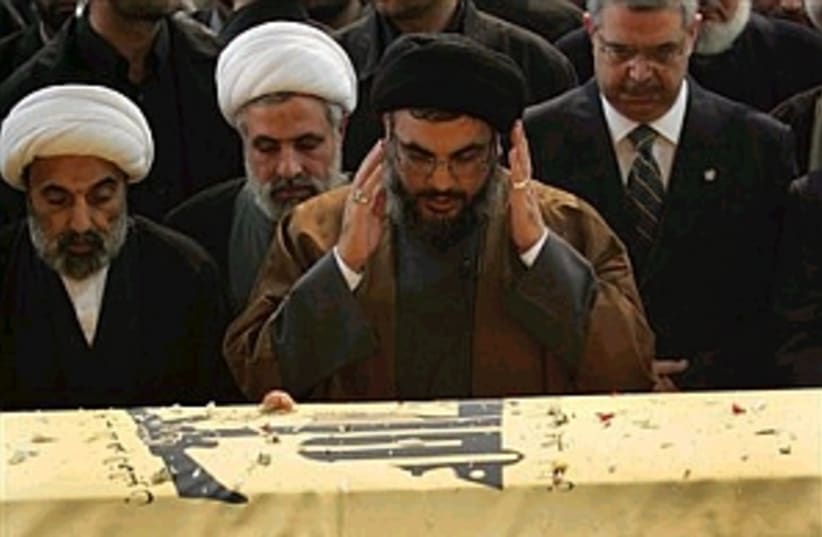| More about: | Hezbollah, Hassan Nasrallah, Bashar al-Assad, Rafic Hariri |
Analysis: Bad week for Hizbullah
Senior IDF officials: After attacks in north, "Hizbullah is in distress."


| More about: | Hezbollah, Hassan Nasrallah, Bashar al-Assad, Rafic Hariri |